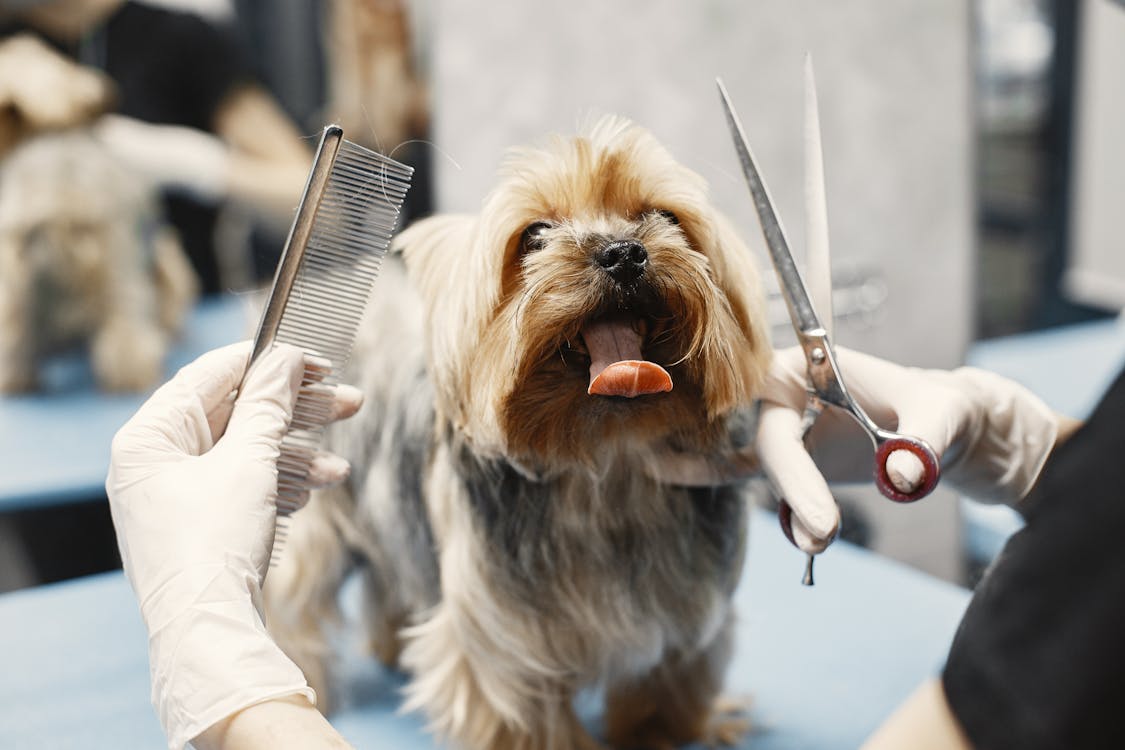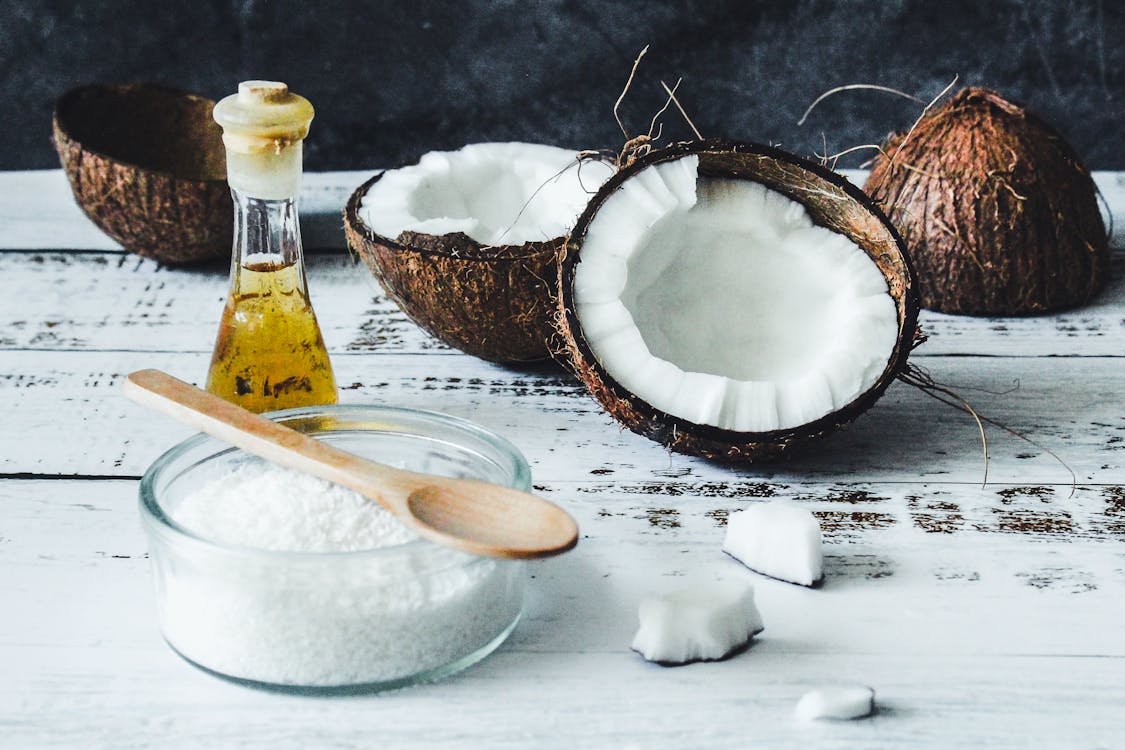
Taking good care of your dog’s coat will not only make it more attractive, but it is also vital to their general well-being. Whether your dog has a sleek, short coat or long, flowing fur, maintaining healthy hair ensures they look their best and feel comfortable. This guide explore the best practices for dog hair care, share effective home remedies, and recommend medicines to keep your dog’s coat in top condition.
Understanding Your Dog’s Coat
Before diving into hair care tips, it’s essential to understand your dog’s coat type. Different breeds have different hair care needs. Following are the types of dog coats:
Short-haired Coats: Breeds like Beagles and Boxers have short, smooth coats that require minimal grooming but still benefit from regular brushing to remove loose hair.
Medium-haired Coats: Breeds such as Golden Retrievers and Border Collies have medium-length hair that needs regular brushing to prevent matting.
Long-haired Coats: Breeds like Shih Tzus and Afghan Hounds have long hair that requires daily grooming to prevent tangles and mats.
Curly-haired Coats: Poodles and Bichon Frises have curly hair that can mat easily, requiring regular trimming and brushing.
Understanding your dog’s coat type helps tailor your grooming routine to their specific needs.
Dog Hair Care Routine
1. Regular Brushing
- Benefits: Brushing removes loose and tangled hair and dirt. It also stimulates natural oil production, giving your dog’s coat a healthy shine.
- Frequency: Long-haired breeds may need daily care, while short-haired dogs may only need to be brushed once a week.
- Tools: Use a slicker brush for dogs with long or medium hair and a bristle brush for short-haired breeds. A comb can help detangle any knots.
2. Bathing
- Frequency: Bathe your dog every 4-6 weeks, or more frequently if they get dirty often. Overbathing can strip the coat of natural oils, leading to dry skin.
- Shampoo: Use a dog-specific shampoo. Avoid human shampoos as they can irritate your dog’s skin. Look for shampoos with natural ingredients like oatmeal, aloe vera, or coconut oil, which are gentle on the skin.
3. Trimming
- Purpose: Regular trimming prevents hair from becoming overgrown, which can cause discomfort and skin issues.
- Tools: Use sharp, high-quality scissors or clippers designed for dogs. Be cautious around sensitive areas like the eyes and paws.
4. Diet and Hydration
- Importance: A healthy diet rich in Omega-3 and Omega-6 fatty acids promotes a shiny, healthy coat. Make sure your dog is well-hydrated, as dehydration can lead to dry, brittle hair.
- Food: Incorporate fish oil supplements or foods like salmon and flaxseed into their diet to boost coat health.
Home Remedies for a Healthy Dog Coat

1. Coconut Oil Treatment
How to Use: Coconut oil is a natural moisturizer that can help soothe dry skin and add shine to your dog’s coat. Apply a small amount of coconut oil to your hands and gently massage it into your dog’s coat. Leave it on for about 5 minutes before rinsing thoroughly with warm water.
Frequency: Once a week to maintain moisture and shine.
2. Oatmeal Bath
How to Use: Oatmeal is excellent for soothing irritated skin and relieving itchiness. Grind a cup of plain oatmeal into a fine powder and mix it with warm water. Let your dog soak in the oatmeal bath for 10-15 minutes before rinsing.
Frequency: Use this remedy whenever your dog shows signs of skin irritation.
3. Apple Cider Vinegar Rinse
How to Use: Apple cider vinegar can help balance your dog’s skin pH and fight off bacteria. Dilute one part apple cider vinegar with two parts water and use it as a final rinse after shampooing. Avoid using it on open wounds or sensitive areas.
Frequency: Once every few weeks to maintain coat health.
4. Aloe Vera Gel
How to Use: Aloe vera is known for its soothing properties. Apply pure aloe vera gel to any irritated or dry patches on your dog’s skin. It can help reduce inflammation and promote healing.
Frequency: Use as needed for skin issues.
We have suggested few basic medicines which are easily available and can be used to cure itchy skin, rashes and to maintain good skin health of your pet.
Recommended Medicines for Dog Hair Care
1. Fatty Acid Supplements
- Purpose: Supplements like Omega-3 and Omega-6 fatty acids support coat health and reduce shedding.
- Recommendation: Products like Nutramax Welactin or Nordic Naturals Omega-3 Pet are popular options.
2. Antihistamines
- Purpose: If your dog suffers from allergies that cause itching and hair loss, antihistamines like Benadryl (diphenhydramine) can help.
- Consultation: Always consult your vet before administering any medication to determine the correct dosage.
3. Medicated Shampoos
- Purpose: For dogs with skin conditions like seborrhea or fungal infections, medicated shampoos can provide relief.
- Recommendation: Shampoos containing chlorhexidine or ketoconazole are effective for treating skin issues.
4. Topical Treatments
- Purpose: Topical treatments like Hydrocortisone Cream can help reduce itching and inflammation in localized areas.
- Consultation: Use under veterinary guidance, especially for long-term treatment.
Final Thoughts on Dog Hair Care
Maintaining a healthy coat is vital for your dog’s overall well-being. Regular grooming, a balanced diet, and the right products can make all the difference. While home remedies can work wonders, always monitor your dog’s response to any new treatment and consult with your vet if you notice any adverse reactions.
Remember, a well-groomed dog is not only a happy dog but also a reflection of a caring owner. Whether you’re brushing their coat or applying a natural remedy, your efforts contribute to their health and happiness, ensuring they remain your loyal, loving companion for years to come.




